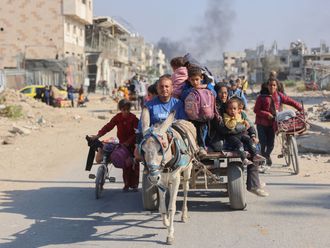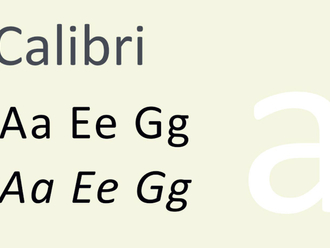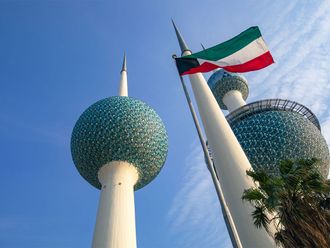Tel Aviv: Defence Minister Moshe Yaalon on Monday implicitly confirmed Israel was behind a January strike on a weapons convoy in Syria, saying the Jewish state had “acted” to stop advanced weaponry reaching fighters.
Speaking at a news conference with US Defence Secretary Chuck Hagel, Yaalon said Israel would not allow “sophisticated weapons” to fall into the hands of “Hezbollah or other rogue elements.”
“When they crossed this red line, we acted,” he said, in what was widely understood to refer to the air strike which a US official told AFP had targeted surface-to-air missiles that Israel suspected were en route to Hezbollah.
On January 30, Syrian officials reported a strike on a military centre near Damascus, with regional security officials confirming the Israelis were responsible.
According to a US official, the raid struck an area in the Damascus suburbs targeting vehicles loaded with surface-to-air missiles which Israel believed were destined for Hezbollah.
The planes also bombed an adjacent military complex of buildings suspected of housing chemical agents, he said.
Yaalon also said that the transfer of Syrian chemical weapons into the hands of fighters would constitute crossing a red line, but one which so far “has not been tested yet.”
Last month, Syrian rebels and the regime traded accusations of chemical weapons use for the first time in the two-year conflict, with similar allegations made by European diplomats in recent weeks.
Although Washington is investigating such claims, it has yet to reach a definitive conclusion.
“Currently our intelligence agencies are assessing what happened and what did not happen,” Hagel told reporters in Tel Aviv.
The White House has warned that use of chemical agents in the Syrian civil war would constitute a “game changer” but Hagel refused to be drawn on any possible US response.
“I’m not going to discuss contingency options,” he said.
Hagel arrived in Israel on Sunday at the start of a six-day regional tour, his first since taking over the Pentagon two months ago.
The trip is likely to be dominated by concerns over Syria’s civil war and the nuclear standoff with Iran, but will also see the Pentagon chief putting the finishing touches on a multi-billion dollar arms deal with Israel and other countries in the region.












